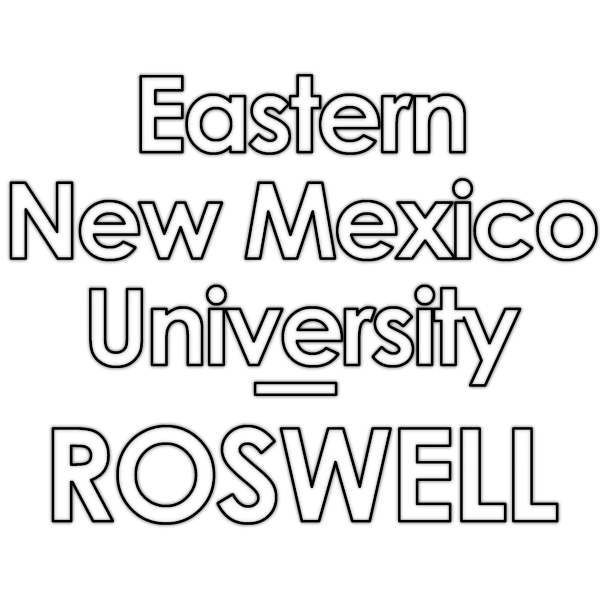Teaching . . . the profession that creates all others!
We offer two certificates:
- Introduction to Early Childhood Education (Certificate of Employability)
- Early Childhood Education (Certificate of Occupational Training)
We offer three degrees in education:
- Early Childhood Education
- Elementary Education
- Secondary Education
For more information
Please contact Kelsey Wilson at 1 (575) 624-7218 or kelsey.wilson@enmu.edu. If you are interested in any of our education programs, Kelsey Wilson is ready to answer your questions or get you on track to a future career in education!
Teacher Education - Associate of Science
The Associate of Science degree in Teacher Education transfers into a Bachelor of Science in Education (B.S.E.) degree or Bachelor of Science (B.S.) degree program at ENMU and is consistent with the requirements of the Postsecondary Education Articulation Act [21-1B NMSA 1978]. Please note that there are courses required as part of the Education degrees at ENMU Portales that are not required in the Education degrees here at Roswell; however, we do offer some of those lower-division requirements here on our campus. Please consult an advisor to learn more about opportunities to take courses at the Roswell campus while working on the upper division requirements of the Bachelor's degrees at ENMU Portales. Finally, please speak with an advisor for guidance on transferability to a four-year campus to ensure maximum transferability.
The Associate of Science degree is used statewide by students pursuing a program of study leading to teacher certification. Students who anticipate transferring to one of the New Mexico public universities and majoring in education should follow this module of lower division courses. Check with the transfer institution requirements to select the appropriate courses from the Associate of Science degree plan courses. Students who successfully complete this preparatory curriculum for teacher education are strongly advised to take the New Mexico Assessment (NMTA) of Basic Skills before transferring to a university. Admission to most teacher education programs requires successful completion of the Basic Skills portion of the NMTA. Teacher Education General Education requirements are specific to the degree.
Elementary Education A. S.
Associate of Science
Program Learning Outcomes
- Analyze and discuss current educational issues, theories, and research
- Demonstrate the knowledge needed to engage in and perform effectively in collaborative relationships with students, parent, colleagues, and community stakeholders
- Demonstrate effective oral and written communication through situational presentations and portfolios
- Examine how cultural diversity shapes how they build relationships and engage their community
- Use reflective practices to examine and evaluate their own reasons and commitment to becoming a teacher
Secondary Education A. S.
Associate of Science
When thinking about what elective courses to choose for this degree, please think about the subject you would be choosing to teach in high school. For example, if you want to be a math teacher, you should take math electives. If you want to be an Ag teacher, you should take Ag electives. Please speak to an advisor for more guidance.
Program Learning Outcomes
- Analyze and discuss current educational issues, theories, and research
- Demonstrate the knowledge needed to engage in and perform effectively in collaborative relationships with students, parent, colleagues, and community stakeholders
- Demonstrate effective oral and written communication through situational presentations and portfolios
- Examine how cultural diversity shapes how they build relationships and engage their community
- Use reflective practices to examine and evaluate their own reasons and commitment to becoming a teacher
Early Childhood Education C. O. T.
Certificate of Occupational Training
Program Learning Outcomes
- Recognize and describe current early childhood education issues, theories, and practices
- Discuss and demonstrate respect for variations in family structures, expectations, values, and parenting practices
- Demonstrate effective oral and written communication
- Describe and engage in effective, collaborative relationships with parents, guardians, families, and community stakeholders to meet the needs of each child
- Examine and evaluate their own reasons and commitment to becoming an early childhood teacher

